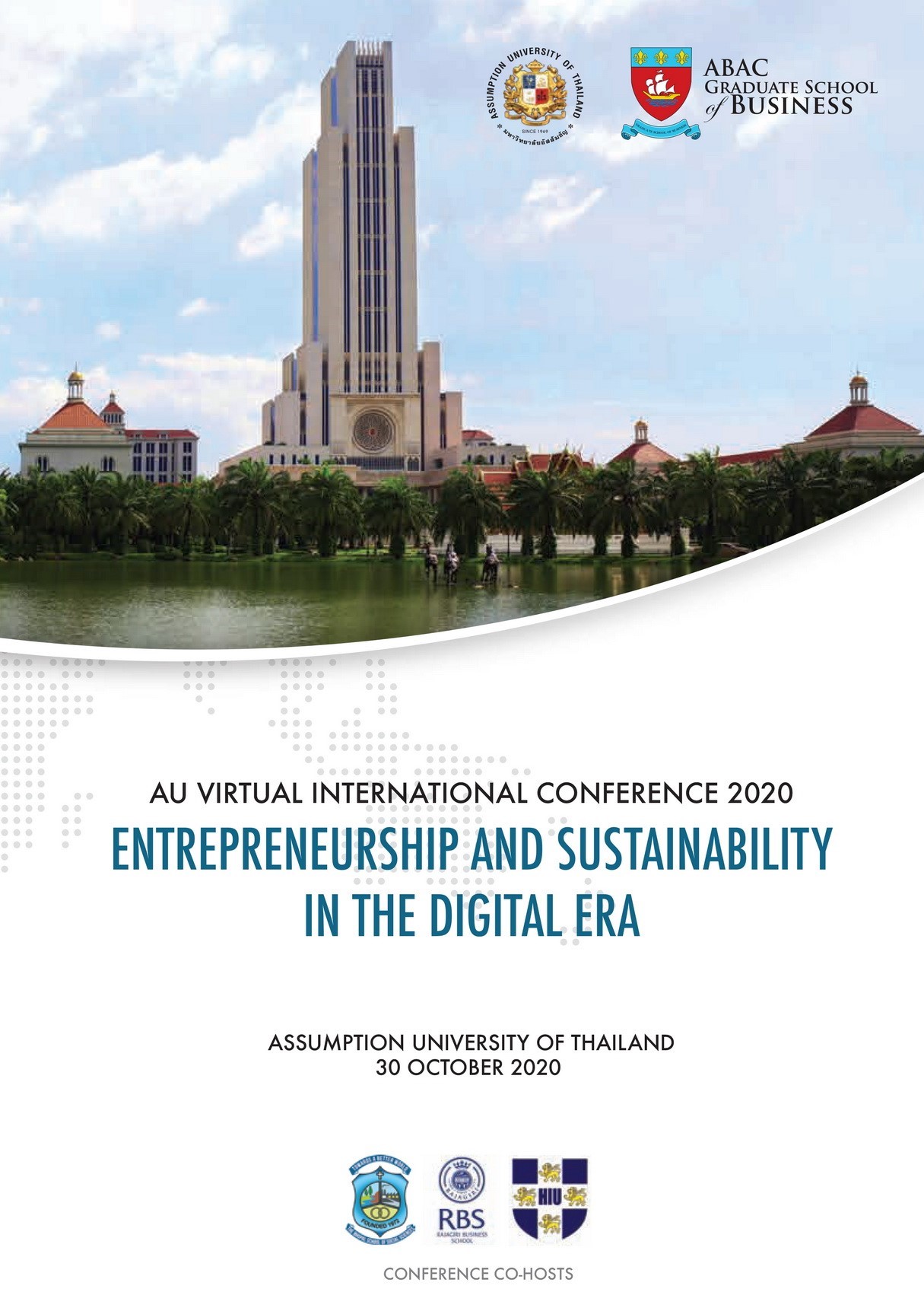THE SYNTHESIZED BODY OF KNOWLEDGE FOR THAI POLITICAL MOVEMENT UNDER THAI POLITICS B.C. 2004-2016
Abstract
A study on the synthesis of knowledge about the political movement in Thai politics from 2004 to 2019. The purpose is to synthesize knowledge about the political movement in Thai politics from 2004 to 2019. Use a Mixed Method. The data in this research is a synthesis of knowledge in theses. Key researches from 107 academic institutions in Thailand, using a specific sample selection method. From sources related to political movements, quantitative synthesis uses statistical methods with percentages. For qualitative synthesis, synthesized methods are used. The results of the 46th thesis and research synthesis show that the year of publication of research on the political movements in 2010 and 2011 is the highest. The type of research is the most qualitative and the least is quantitative research. The most commonly used form of research was the observations, followed by interviews, questionnaires, and other research tools. Research contents related to the political movement, the ideology of intent. The organizational structure, strategies, tactics of the political movement most often followed by political movements for environment’s politics. And the least is political movement in conflict. If considering only the knowledge gained from the study of political movements on public policy It is very important to reflect that. The movement arose as a result of the state's decision to implement public policies in a lack of transparency and lack of information in terms of ensuring all-round impacts. Thus causing the movement. Reflecting affects the Thai political economy and related relationships.
Downloads
Published
How to Cite
Issue
Section
License
Copyright (c) 2021 AU Virtual International Conference Entrepreneurship and Sustainability in the Digital Era

This work is licensed under a Creative Commons Attribution-NonCommercial-NoDerivatives 4.0 International License.

